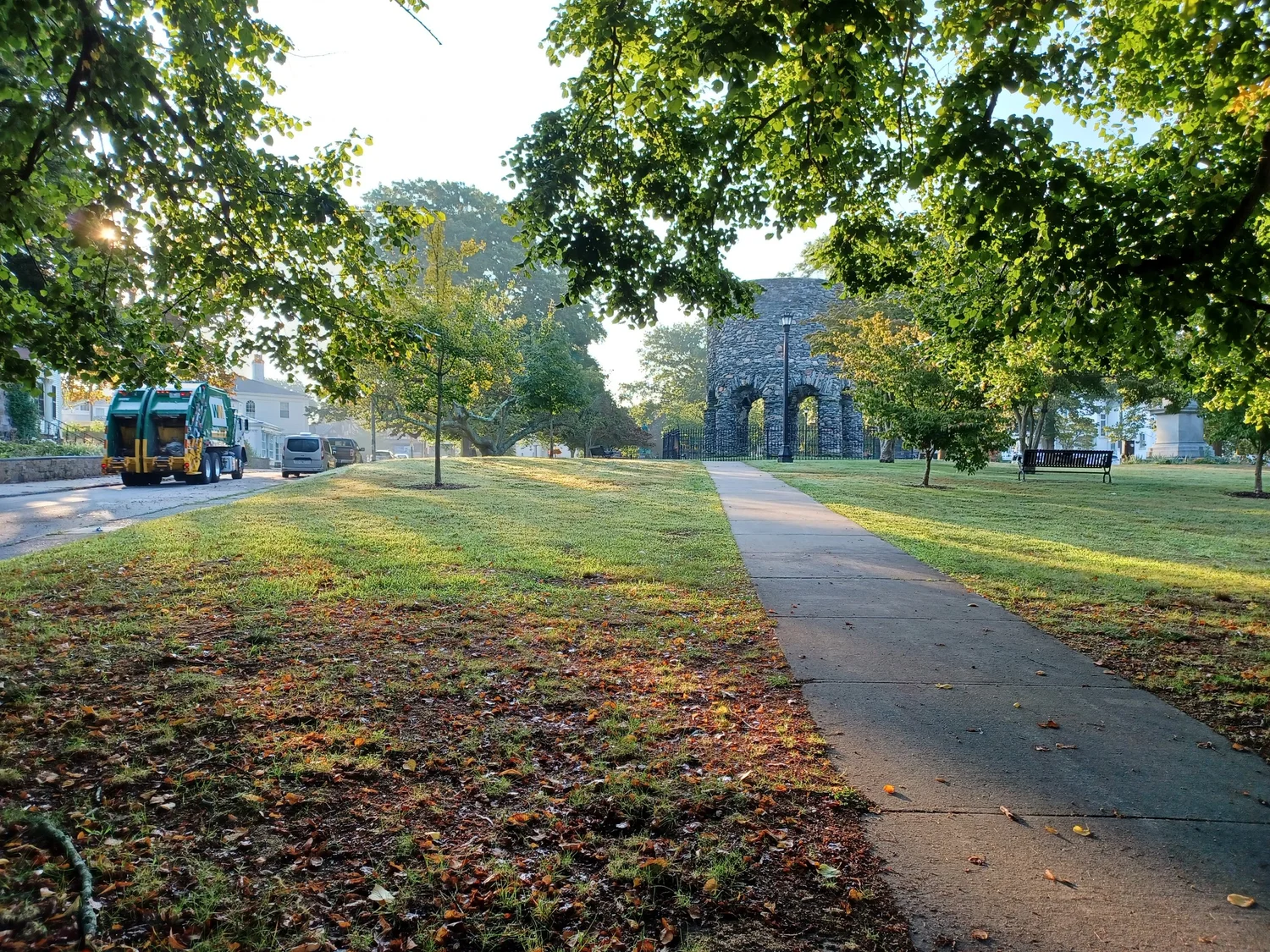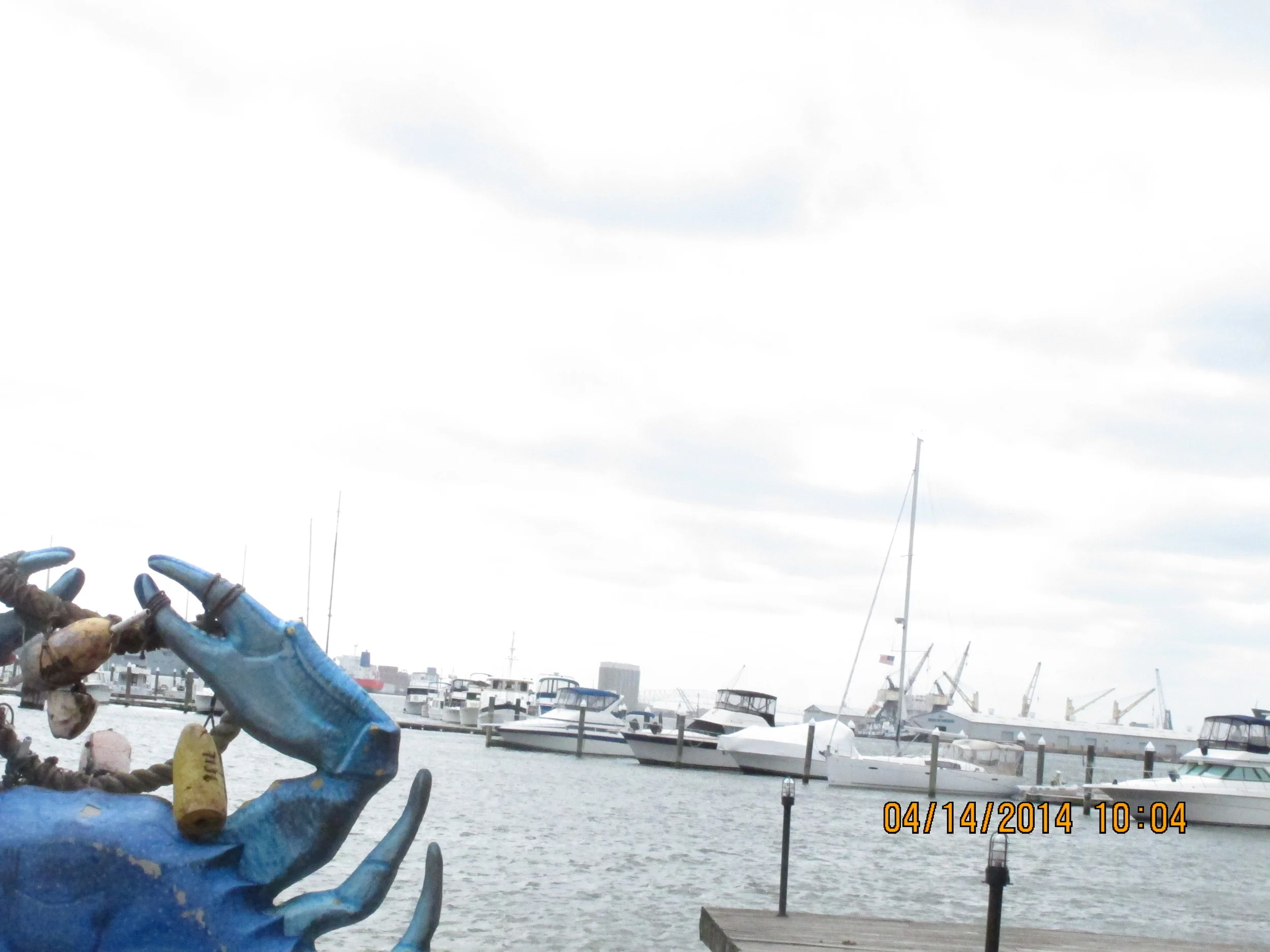Do People Fear Losing More Than We Lose Fearing?
/Headlines about hovering heat registered this summer like wailing sirens until the familiar New York swelter felt like the ambulance screeching to a halt to open its doors where I was walking. But as I square my shoulders to this summer’s first New York heat onslaught, I sweat less at the heat and shiver more at the sight of fellow cyclists pedaling up a bridge ramp, fixing their eyes on the phones in their free hands.
I start to wonder whether the force that community leaders are seeking in managing heat wilts away when so many people can elect to check out of the overbaked or soggy world and take up residence in the swipe settlement on their devices. You just can’t feel fear in your knuckles and you likely can’t map out steps in an organizing campaign when you lose track of what you were learning and who was telling it to you.
(This post has no hyperlinks, for reasons I hope seem clear, but draws on ideas from Jonathan Haidt, Jaron Lanier, and others.)
Now, everybody senses the heat or the flood or the fires. Everybody suffers from it - even if you’re lucky so far, as I have been, and suffer only in mind. And laudable people are working to make the broiling-and-burbling future safer for communities on those communities’ terms. Policies are gelling with that aim. Investment will follow. Yet and still, the option of stepping out of a feverish reality into a dopamine dream didn’t seem so prominent when ecological innovators started decades ago in thinking about how to muster a response to climate chaos.
So what really seems unknown is how people in relative comfort will align. Will enough of them make common cause with people living on mudslides, working in broiler-like air, renting apartments with no air-conditioning? Will this solidarity include using phones only to summon help, raise funds, make introductions that play out in the real world? Or will the critical blob of people who can survive the chaos fail to demand changes in how society works just because we can more or less ignore it?
I don’t presume to know - and if I had to bet, I would ask you about the odds you’re giving me. I do know, and take some comfort in, the fact that humans have always moved across awkward unfamiliarity by voicing questions about the weather. “Hot enough for ya?” we say.
It’s too hot for too many of us humans and for the systems that have trained us to seek placidity in quick hits. A key to the attitude for sustaining peace and hope in the decades ahead involves feeling the heat and reaching, sometimes, not for a phone but for a fan.


